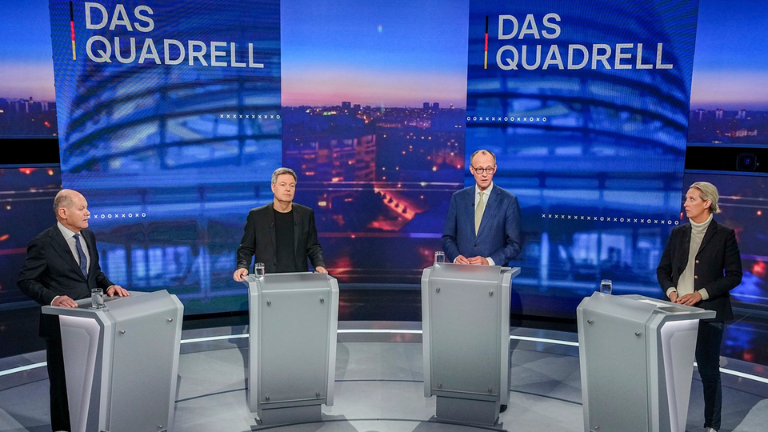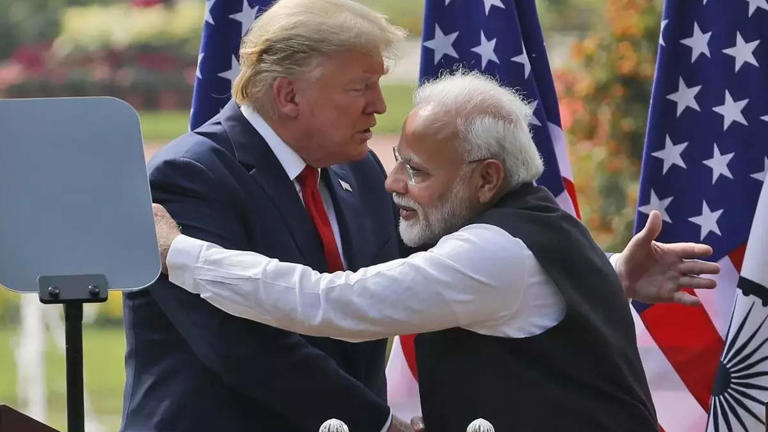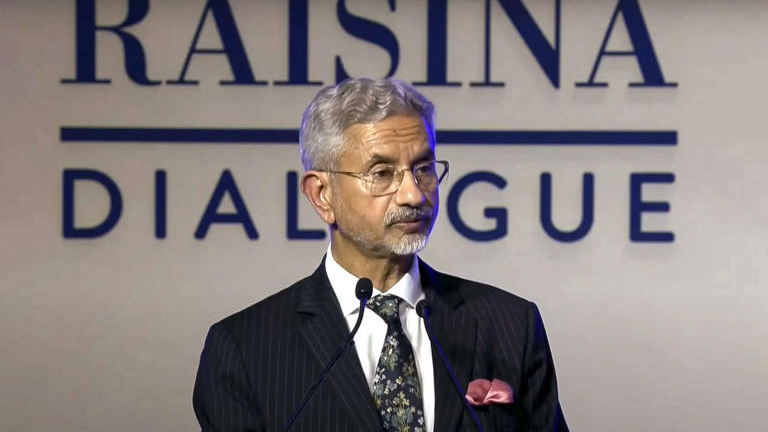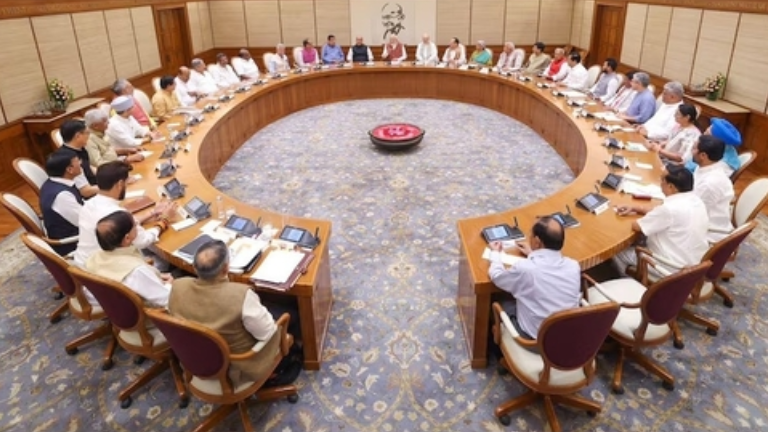Germany Bundestag Election 2025: Key Facts & What to Expect
Germany is set for a critical parliamentary election on February 23, 2025, following the collapse of Chancellor Olaf Scholz’s coalition government in December 2024.
This snap election will determine the next Bundestag leadership, with economic struggles, migration policy, and the Ukraine-Russia war dominating the political discourse.
Key Highlights of the Germany Bundestag Election 2025:
✔ Election Date: February 23, 2025
✔ Reason for Snap Election: Collapse of Scholz’s coalition due to budget disputes
✔ Leading Contenders: CDU/CSU, SPD, AfD, Greens
✔ Polls Indicate a CDU/CSU Lead
This election will reshape Germany’s political landscape, impacting both domestic policies and international relations.
Why is Germany Holding a Snap Election in 2025?
- Economic Decline: Germany’s economic downturn created tensions within the ruling coalition.
- Coalition Collapse: The SPD, Greens, and FDP alliance imploded due to budget disagreements.
- Finance Minister’s Dismissal: Chancellor Scholz sacked FDP leader Christian Lindner, citing obstructionism.
- Failed Confidence Vote: With the FDP withdrawing support, Scholz lost a crucial confidence vote, triggering elections.
Key Dispute: Lindner accused Scholz of forcing him to violate Germany’s constitutional debt brake, leading to their fallout.
The Germany Bundestag Election 2025 now seeks a stable government capable of handling economic and migration challenges.
Who Are the Main Candidates in the Germany Bundestag Election 2025?
Germany’s political powerhouses will compete fiercely for the chancellorship and Bundestag majority.
1. Olaf Scholz (SPD – Social Democratic Party)
- Current Chancellor, but his popularity has plummeted.
- Criticized for economic mismanagement and coalition instability.
- Struggling to regain voter confidence after losing FDP support.
2. Friedrich Merz (CDU/CSU – Conservative Alliance)
- Leads the polls as the preferred candidate.
- Promotes economic stability, stricter migration policies, and traditional conservative values.
- Controversial for accepting support from the far-right AfD but rejects forming a coalition with them.
3. Alice Weidel (AfD – Alternative for Germany)
- Far-right candidate gaining ground with anti-immigration and anti-woke policies.
- Unconventional leader: LGBT advocate with a Sri Lankan partner, despite AfD’s conservative stance.
- AfD ranks second in polls but faces challenges in forming a coalition.
4. The Green Party & Other Contenders
- Greens are losing traction but still hold 12% of voter support.
- Die Linke (Far-Left) & Sahra Wagenknecht’s BSW (Populist Left) are attracting voters dissatisfied with mainstream parties.
With the Germany Bundestag Election 2025 polls favoring Merz’s CDU/CSU alliance, the biggest uncertainty is AfD’s role in forming a government.
Germany Bundestag Election 2025: Latest Polls & Seat Projections
Latest Polling Trends:
| Party | Current Polling % | Potential Bundestag Influence |
| CDU/CSU (Conservative Alliance) | 29% | Likely to form the next government |
| AfD (Far-Right) | 21% | Gaining influence but facing coalition roadblocks |
| SPD (Social Democrats) | 16% | Declining support for Scholz |
| Greens | 12% | Losing momentum but still relevant |
| FDP (Pro-Market Party) | 7% | Struggling after coalition fallout |
| Die Linke (Far-Left) | 5% | Minimal impact expected |
| BSW (Left-Populist) | 5% | New but gaining traction |
- CDU/CSU leads but may struggle to form a coalition without AfD support.
- AfD’s rising popularity makes it a major political force.
- SPD’s steep decline could mean the end of Scholz’s leadership.
How Are Seats Allocated in the Germany Bundestag Election 2025?
Germany’s electoral system combines direct representation and proportional voting:
✔ Each voter casts two votes: One for a constituency representative, another for a political party.
✔ Total Bundestag Seats: 630 seats allocated based on party vote share.
✔ Chancellor Selection: The party with the most votes nominates a candidate but must secure a majority in the Bundestag to lead the government.
This mixed system ensures both regional representation and proportional power-sharing.
When Will Germany Bundestag Election 2025 Results Be Announced?
📅 Election Day: February 23, 2025
📌 Polling Hours: 8:00 AM – 6:00 PM (GMT+1)
📊 Exit Polls: Expected immediately after polling stations close.
📈 Initial Results: Released within 30 minutes of polls closing.
📌 Final Results: Determined overnight, with official confirmation by February 24.
The Germany Bundestag Election 2025 will have a swift results announcement, shaping the nation’s political future within hours.
What’s at Stake in the Germany Bundestag Election 2025?
Germany’s next government will face critical challenges:
- Economic Revival – Tackling recession, job losses, and budget crises.
- Migration Policies – Addressing border control, asylum laws, and integration.
- Russia-Ukraine War – Determining Germany’s military and diplomatic role.
- EU Relations – Shaping Germany’s position in European leadership.
With CDU/CSU leading the polls but AfD gaining momentum, the Germany Bundestag Election 2025 could mark a shift in political alliances.
Who Will Lead Germany After the 2025 Election?
- Germany Bundestag Election 2025 is triggered by a government collapse.
- CDU/CSU leads the polls but may struggle to form a coalition.
- AfD’s rising popularity could influence policymaking.
- Scholz’s SPD faces historic decline amid economic and political turmoil.
- The election’s outcome will shape Germany’s economy, migration policy, and EU leadership.
💬 Who do you think will win the Germany Bundestag Election 2025? Will CDU/CSU secure a majority, or will AfD’s rise change German politics?







